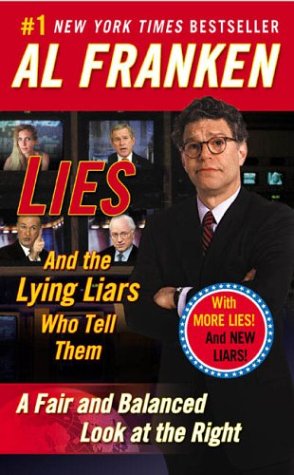IN THE PREVIOUS TWO posts, I've pointed out how a few lines in the Republican Pledge to America attempt to mislead the public.
The lines in question imply, while very artfully not actually saying, that Obama is responsible for a tax increase which Republicans actually put into effect, that the increase is on half of small businesses when it isn't, and that those small businesses are poor mom and pop affairs, when they are actually the wealthiest in the country, taking in more than the other 97% together.
At the end of the last post, I pointed out that this mislead was intentional, and that Republicans didn't mind that all of those things were lies, just so long as enough people believe them to affect the next election.
But that's only the tip of the iceberg.
The more important question is why the Republican Party would pick this particular topic to lie about.
On its face it seems like a bad choice.











